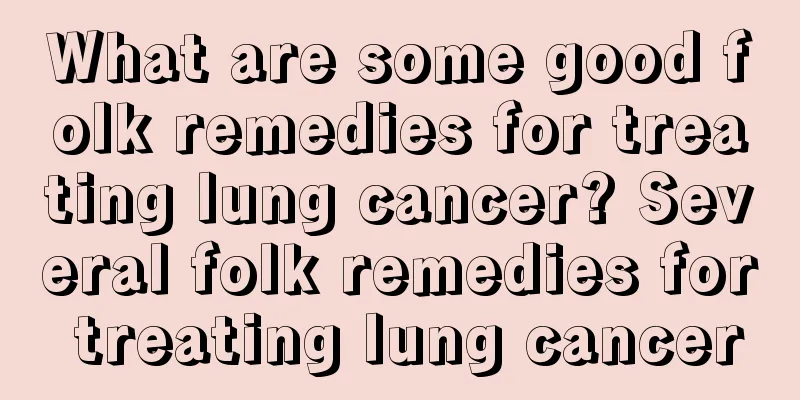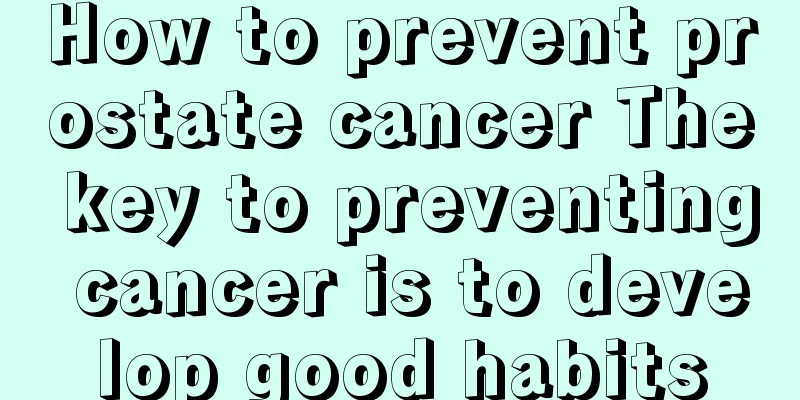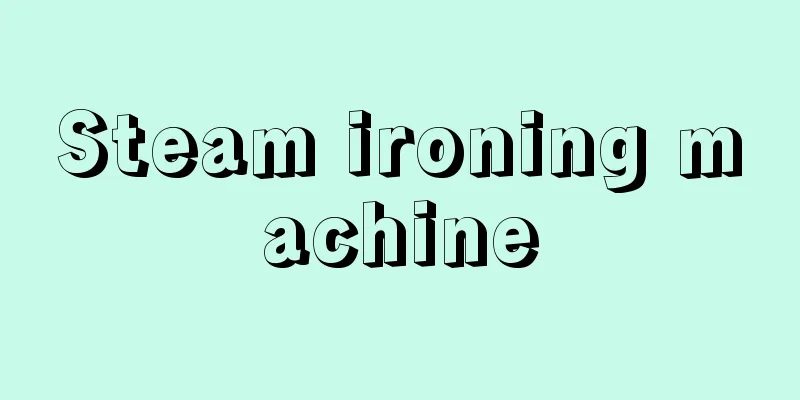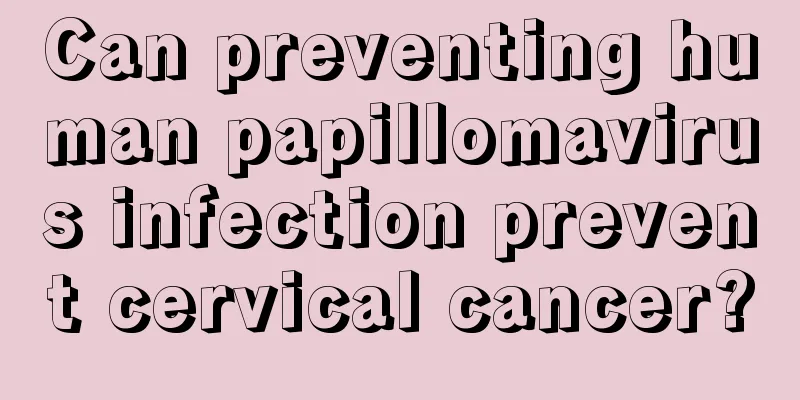Can people with high blood pressure smoke and drink?
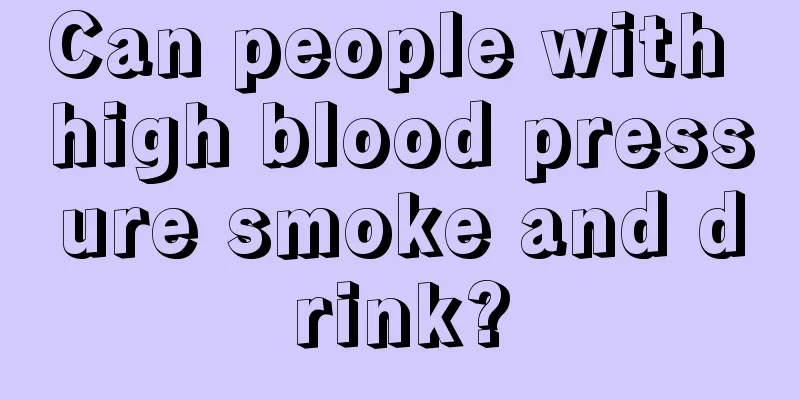
|
Patients with hypertension actually have a lot of things to pay attention to. Don’t overwork yourself, otherwise it will be very bad for your body. You can’t smoke or drink, as these will make your condition worse. This disease needs to be controlled in time, and you need to go to the hospital regularly for relevant physical health examinations. Hypertension is a preventable and controllable disease. People with blood pressure in the upper normal range of 130-139/85-89 mmHg, who are overweight/obese, who have a long-term high-salt diet, and who drink excessively should be given key interventions, have regular health checks, and actively control risk factors. For patients with hypertension, regular follow-up and blood pressure measurement should be carried out, with particular attention paid to the management of blood pressure in the morning. Hypertension should be actively treated (drug therapy and lifestyle intervention at the same time) to slow down target organ damage, prevent the occurrence of cardiovascular, cerebrorenal and renal complications, and reduce disability and mortality rates. Beta-blockers. The choice of single drug or combination therapy should be based on the patient's risk factors, target organ damage, and concurrent clinical diseases. The principles for selecting antihypertensive drugs are as follows: 1) Use blood pressure medications with a half-life of 24 hours or more, taken once a day, that can control blood pressure for 24 hours, such as amlodipine, to avoid iatrogenic poor control of early morning blood pressure due to inappropriate treatment options; 2) Use safe, long-term medications that can control blood pressure every 24 hours to improve patient compliance with treatment; 3) Use drugs that have sufficient clinical trial evidence of cardiovascular and cerebrovascular benefits and can truly reduce long-term cardiovascular and cerebrovascular events, reduce cardiovascular and cerebrovascular events, and improve the quality of life of patients with hypertension. (2) Treatment options Most patients without complications or comorbidities can use thiazide diuretics, beta-blockers, etc. alone or in combination. Treatment should start with a low dose and increase gradually. In actual clinical use, the patient's cardiovascular risk factors, target organ damage, complications, comorbidities, antihypertensive efficacy, adverse reactions, etc. will all affect the choice of antihypertensive drugs. Patients with stage 2 hypertension can be treated with a combination of two antihypertensive drugs from the beginning. 2. Treatment of secondary hypertension It is mainly aimed at treating the primary disease. For example, for hypertension caused by pheochromocytoma, blood pressure can be reduced to normal after tumor resection; renal vascular hypertension can be treated by interventional therapy to dilate the renal artery. For patients whose primary disease cannot be cured surgically or whose blood pressure remains high after surgery, in addition to other treatments targeting the cause, appropriate antihypertensive drugs should be used for antihypertensive treatment. |
<<: Can I drink yogurt when I have chickenpox
Recommend
What harm will happen if you accidentally consume alcohol
In daily life, we often use alcohol for disinfect...
Why do my calves itch at night?
Itching in the calf area at night may be caused b...
Beware of some misunderstandings about lymphoma
Some patients do not have enough knowledge about ...
Is the pain in the left back of the head caused by brain cancer?
Clinically, there may be many reasons for this. F...
How to take care of liver cancer in daily life? Introduction to daily care methods for liver cancer
Experts point out that liver cancer is a disease ...
Does chickenpox itch? Does chickenpox itch in the early stages?
In the early stages of chickenpox, you won't ...
What is the function of nitric acid
Nitric acid is a strong acid with extremely sever...
What are the early symptoms of nasopharyngeal cancer and how to eat
What are the early symptoms of nasopharyngeal can...
How is thyroid cancer treated
How is thyroid cancer treated? No matter what dis...
The difference between lymphoma and lung cancer
Lymphocytes are the health guardians of the human...
What are the symptoms of recurrence of cervical cancer after surgery
If a woman is diagnosed with cervical cancer, she...
The best ointment to reduce scars
Many people suffer from scars due to various inju...
What are some ways to improve sleep and diet?
Recently, many of us have been having trouble sle...
What should be paid attention to in liver cancer care? Five points should be paid attention to in liver cancer care
Liver cancer refers to malignant tumors that occu...
What to eat to regulate and maintain sub-health
With the continuous advancement of the pace of li...


